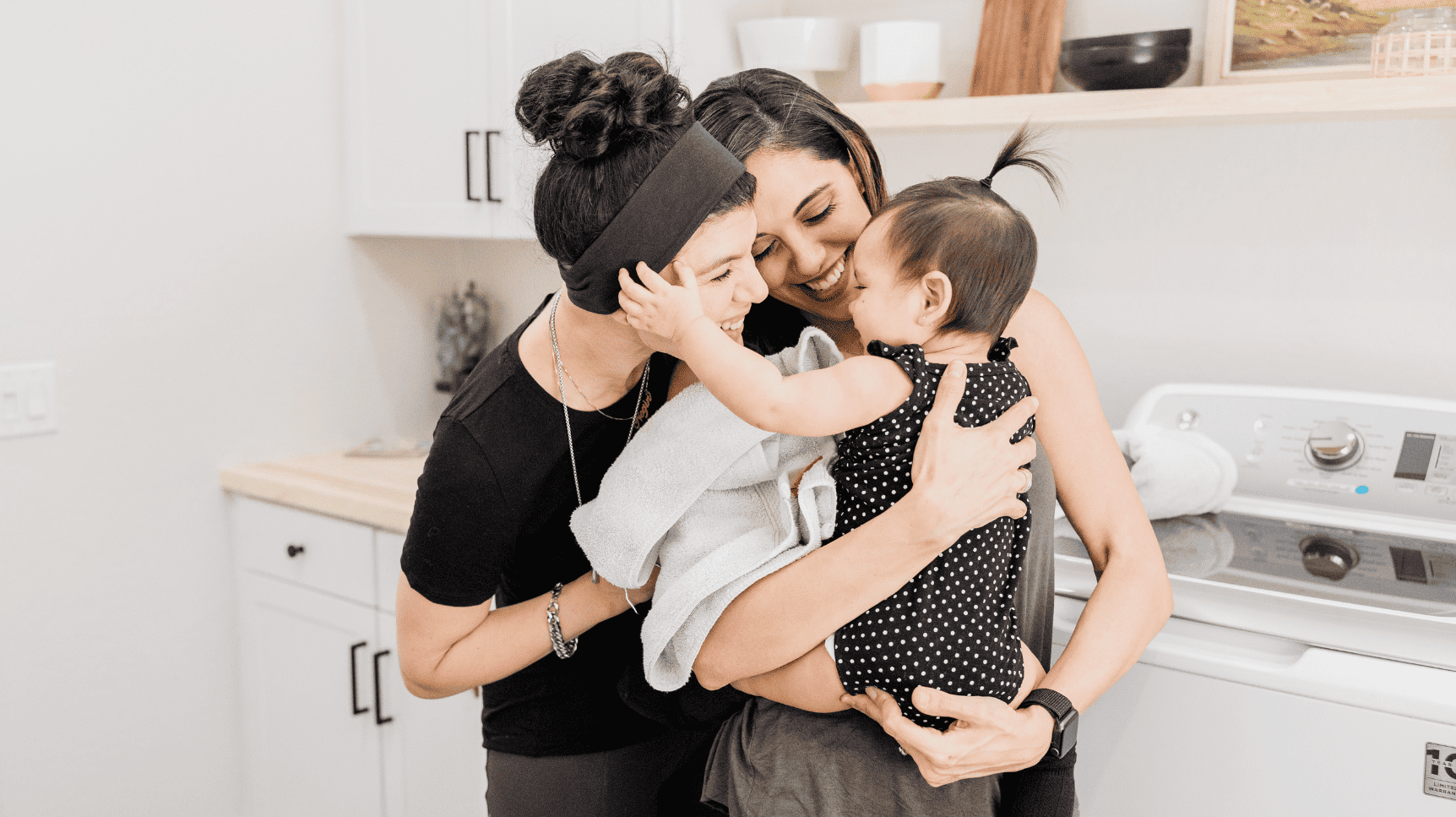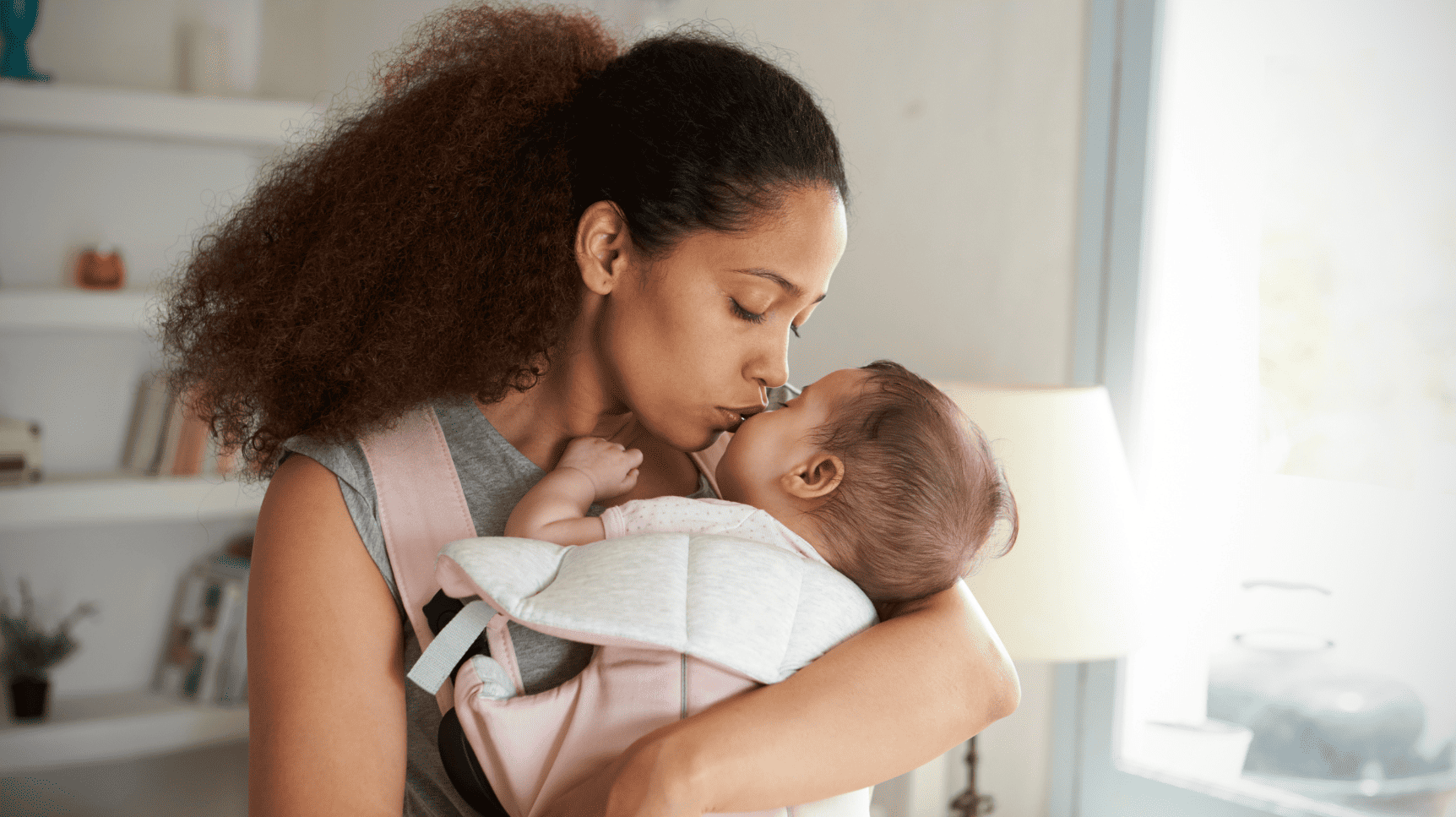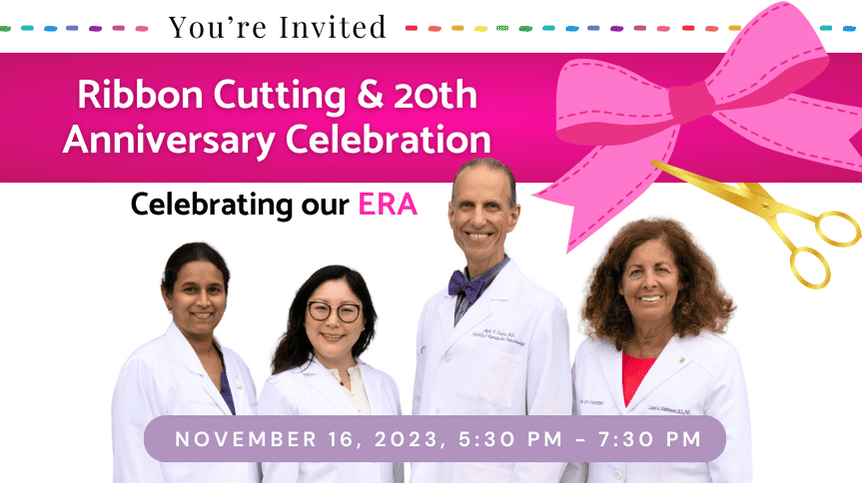Dr. Trolice was recently interview by the Orlando Sentinel about the important topic of Fertility Preservation for Cancer Survivors. Below is the text for the article as well as a link to the full article on the Orlando Sentinel website.
Originally posted on OrlandoSentinel.com
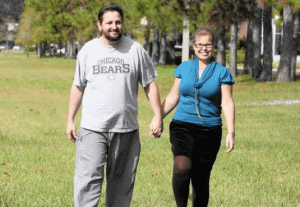 Eric and Rhonda Lorenz have two bulldogs, Sam and Tank, that are their “kids.” They bought a minivan, as parents do, so they can take them along on trips.
Eric and Rhonda Lorenz have two bulldogs, Sam and Tank, that are their “kids.” They bought a minivan, as parents do, so they can take them along on trips.
The couple are survivors of childhood cancer — Eric was diagnosed with lymphoma when he was 11, Rhonda with leukemia when she was 6. The cancer treatments affected their fertility, and they can’t have children of their own.
“I didn’t find out I couldn’t have kids until I was 28 after we were married,” said Eric, who is now 36. Rhonda, 40, said her doctor told her that her uterus was very small, and she had heavy menstrual cycles, so three years ago, she got a partial hysterectomy.
“I think it sucks, cause I would love to have kids,” said Eric. “It’s really something that I live with every day and it hurts.”
Estimates show that as many as half of men and a third of women who are survivors of childhood cancers are infertile.
“Any kind of cancer for which you need treatment can affect our genital organs, particularly those that make hormones,” said Dr. Veronica Schimp, chief of gynecologic oncology at UF Health Cancer Center – Orlando Health.
With cancer survival rates making significant advancements and more people surviving childhood cancers, it’s important to discuss how to preserve fertility before having treatment, experts say.
“One of the saddest things I saw when I got into this field was I can’t tell you how many cancer survivors I met that no one told them that they would come out infertile,” said Dr. Catherine Alfano, vice president of cancer survivorship at the American Cancer Society. “The conversation has to happen about fertility preservation; about whether it’s possible; about what would happen.”
Fertility preserving procedures have come a long way in the past two decades.
Today, there are fertility-sparing surgical procedures that protect organs such as the ovaries during radiation. There are also drugs that protect some of the reproductive organs. Young girls and women can now freeze their eggs as men have been able to do with their sperm for the past several decades.
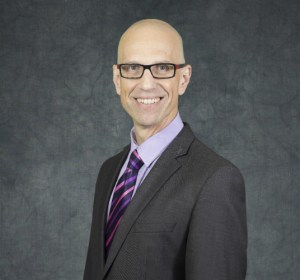 “But the downside is that the procedures are costly, there’s no guarantee that they’ll be successful, and no guarantee that [patients] will use [the sperm or eggs]. So it’s not truly an insurance plan,” said Dr. Mark Trolice, director of Fertility Center of Assisted Reproduction & Endocrinology in Winter Park.
“But the downside is that the procedures are costly, there’s no guarantee that they’ll be successful, and no guarantee that [patients] will use [the sperm or eggs]. So it’s not truly an insurance plan,” said Dr. Mark Trolice, director of Fertility Center of Assisted Reproduction & Endocrinology in Winter Park.
Fertility preservation options can depend on variables such as patient’s age, stage of cancer and type of tumor.
“I first talk about the cancer diagnosis and how we’re going to fix that,” said Dr. Ramamoorthy Nagasubramanian, division chief for hematology/oncology at Nemours Children’s Hospital in Lake Nona. “Then we talk about a treatment plan. When chemotherapy is involved, we say that this could affect fertility, and depending on how the family sees it, we make referrals.”
Trolice regularly gets referrals from oncologists and helps patients who are grappling with fertility preservation decisions.
“I don’t sugar-coat it and I don’t make them feel compelled that this or that is the only way,” said Trolice. “I’m just very realistic. And there’s still the option of egg donation or adoption, and I completely empathize that it’s not people’s first choice.”
There are, of course, many survivors who maintain their fertility after cancer.
Heather Kurtz of Winter Park, who had leukemia at age 3, now has two children.
“They weren’t sure if I could, so they didn’t give my mom a definite yes or no,” said Kurtz, 32.
Shevieve Padgett, who lives in Volusia County and works in Orlando, was diagnosed with Hodgkin’s disease at age 13 and had 10 months of chemotherapy and radiation.
Doctors told her mother that “there would be a chance that I wouldn’t be able to bear children,” said Padgett, now mom to Hailey Joy and James Alan, who are 13 and 12, respectively.
But for those who have to make decisions about preserving fertility, the process can be complicated and entangled in ethical dilemmas, especially when it comes to adolescents and young adults who are not yet ready to grapple with the idea of parenthood.
While some argue that parents should have the power to make that decision for their child, “another faction of ethicists believe that they’re creating an unhealthy dynamic for the child by putting an undue burden on the child to produce grandchildren,” said Dr. Gwendolyn Quinn, a research scientist and expert on survivorship at the Moffitt Cancer Center in Tampa. “Parents need to consider that if making these decisions on behalf of the child, it may not produce a grandchild, but gives their child that option in the future.”
Despite the obstacles, research has shown that having a conversation about fertility at the time of cancer diagnosis is valuable to patients, even if they decide not to do anything.
“We’re still culturally not having a lot of conversations that we need to have because we think cancer is this terminal disease. We need to change that piece of conversation,” Alfano said. “The first thought should be ‘I’m going to survive this,’ and ‘what’s my life like after cancer.'”
The Lorenzes, who live in Orlando, have thought about adoption, but haven’t done it so far.
“A bunch of thoughts go through your head,” said Eric Lorenz. “But when you’re faced with a life-threatening illness at such a young age, you learn to adapt.”
To view the full article on OrlandoSentinel.com click here.



